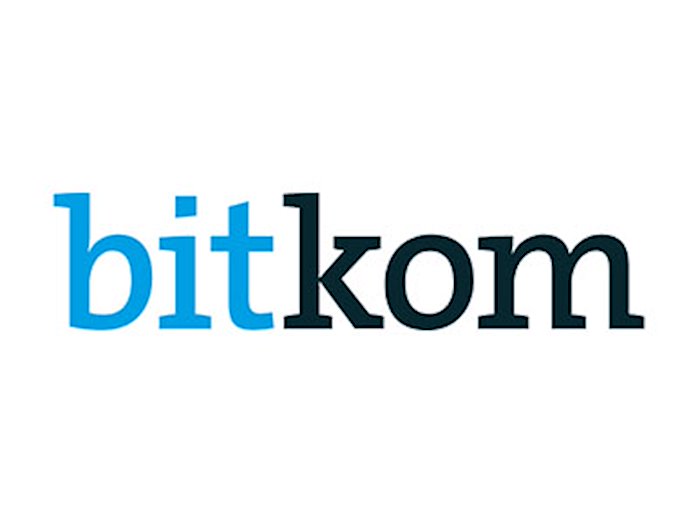
According to this, the German government would only be able to implement 82% of its plans by the end of the legislative period if it continues to push ahead with its digital projects at the pace presented in the first quarter of 2024. If it continues at the average speed of the previous legislative period, only 60% of digital policy projects would be completed by September 2025. In order to complete all 334 projects before the next federal elections, a total of 243 projects would have to be implemented in 18 months.
“The federal government has started the digital year 2024 with momentum. The federal government should now use this momentum to tackle the particularly complex and central projects,” says Bitkom President Dr. Ralf Wintergerst. For example, little progress has been made on digital identities, the digitalization of administration or the digital budget. As the “Digital Policy Monitor” shows, many of the projects implemented in the past quarter are smaller measures or ongoing research and funding programs. Significant digital projects implemented in the last quarter include two projects by Health Minister Karl Lauterbach in particular: the Digital Act and the Health Data Usage Act. In addition, there is the further education portal ‘mein NOW’ from the Federal Ministry of Labor and the strategy for international digital policy from the Federal Ministry for Digital and Transport.
For the “Digital Policy Monitor”, Bitkom regularly reviews the implementation status of 146 projects from the digital strategy, 186 digital policy projects from the coalition agreement and two other digital policy projects that the federal government has subsequently set up.These 334 digital projects are examined in terms of their significance for the digitalization of the economy, society and the state and classified in terms of their complexity.
– – – – – –
Further links
👉 www.bitkom.org
👉 Digital Policy Monitor
Photo: pixabay




